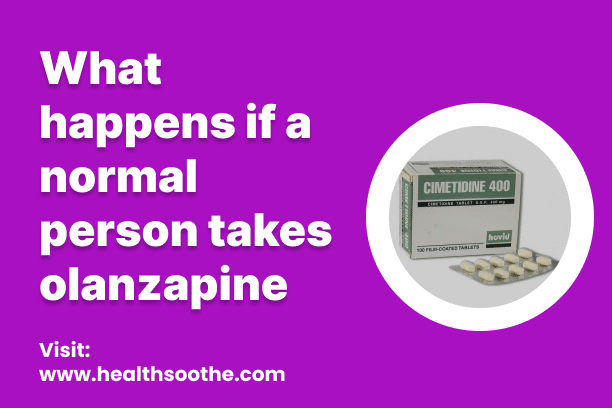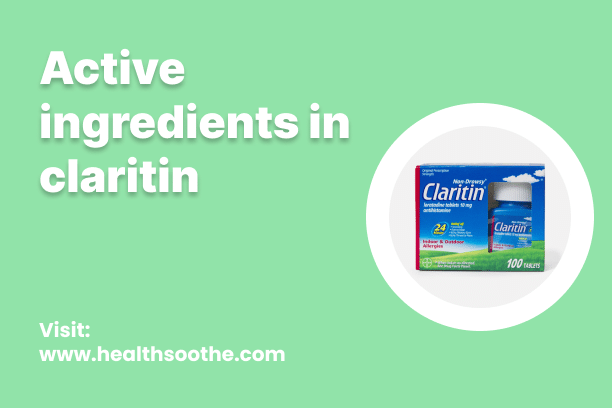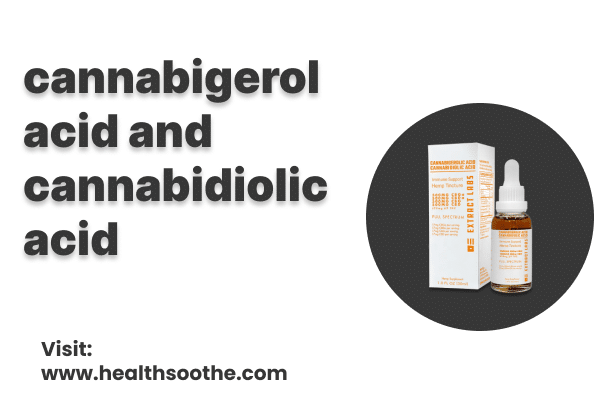Not long ago, addiction was seen as a fault in one’s personality rather than an illness. Today, doctors are widely starting to accept the fact that addiction and brain diseases go hand in hand, and the condition is being termed as “Substance Use Disorder”. In the 1900s, doctors used to believe that addiction was just a problem for people with low willpower.
As it wasn’t seen as a disease, there used to be no rehabilitation centers or 12-step programs to treat people suffering from an addiction. Instead of providing treatment centers, they were either imprisoned or institutionalized and termed as degenerates or criminals. With the latest research, it is proved that repeated drug use alters the brain, inhibiting self-control.
How Addiction Affects Your Brain
The debate surrounding addiction being an illness is still a hot one. Some people argue that while you can’t choose to stop having cancer, you can stop using drugs on your will power. The same goes for depression, where people suggest “just stop being sad”. So, treatment for addiction should be made compulsory rather than it being a matter of choice. What these people don’t know is that addiction and depression change the brain’s structure.
Whenever a person indulges in an addictive activity, the brain releases dopamine, which gives a feeling of pleasure. Eventually, the body gets hooked on dopamine, and it becomes a source of its survival. As the person continues to take drugs, the body develops a tolerance for it. It compels you to take the dose in an even larger amount to feel its effect.
- RELATED: 7 Ways to Deal with Drug Addiction
Which is a bigger problem – Substance abuse or mental health?
Substance abuse and mental disorders such as depression, anxiety, and other psychotic illnesses can be caused by using a substance over a long period of time. Moreover:
- People use drugs to overcome mental health issues: Many people going through mental issues try to tackle them through drugs. What they don’t know is these drugs make their symptoms even worse in the future.
- Addictive substances increase the risk of mental disorders: If you have a history of mental illness, developing an addiction may act as a trigger to push you over the edge.
Diagnosing addiction and co-occurring mental disorders can be a difficult thing. Turning Point provides the facility of inpatient treatment centers in Utah. These rehab centers focus on co-occurring mental health issues with addiction by performing a dual-diagnosis. They provide the best doctors and therapists to help people get clean and live happy lives.
Signs and symptoms of co-occurring disorders
People who go through co-occurring disorders tend to show these common signs:
- Loss of purpose and sadness
- Loss in appetite
- Insomnia or sleep disorders
- Guilt
- Sudden anger problems
The hardest part of dealing with substance abuse is denial. No matter how much a person is suffering from it, he will never admit that he is out of control. Denial is the most common symptom in all of the patients, and admitting you have a problem is the first step towards fixing it.







